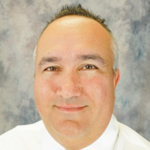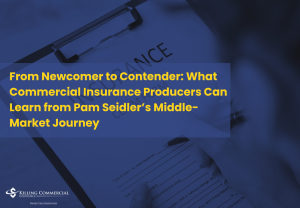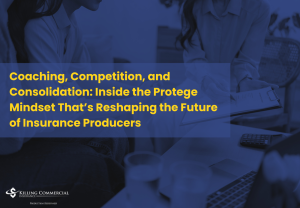
From Med Device to Middle Market: Lessons on Sales, Risk Management, and Reinventing Yourself in the Insurance Industry
Reinvention is one of the most powerful themes in the insurance industry. Some of the best commercial producers in the country did not grow up wanting to sell insurance. They did not study risk management in college. They did not come from an agency family. They found this industry after they tried something else. They found it after life pushed them toward a career where performance, autonomy, and mindset determine the outcome.








